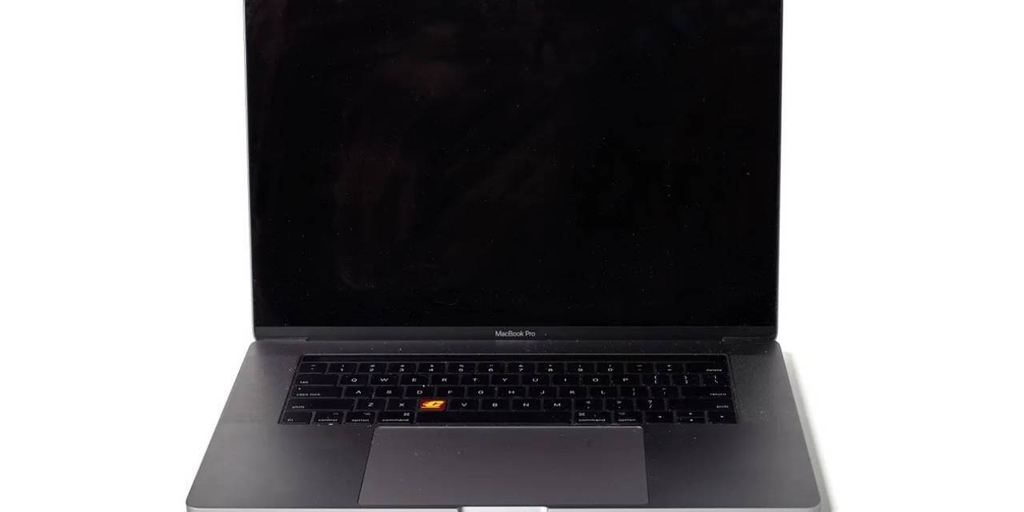The 2019 MacBook Pro used by the IRS to trace and seize $3.6 billion worth of Bitcoin stolen from crypto exchange Bitfinex is being put in the Smithsonian’s National Numismatic Collection. At the time, a Department of Justice press release touted the recovery of the stolen BTC as its “largest financial seizure ever.”
The National Numismatic Collection (NNC) aims to document developments in history related to the United States monetary system. Ellen Feingold, the collection’s curator, said that the laptop captures a “shift” in the public’s knowledge of Bitcoin’s traceability.
As such, the laptop has been installed in the Smithsonian’s “The Value of Money” gallery, alongside seashells, tea, stones, silver, and gold. Feingold herself readily admits that the MacBook Pro initially looks out of place—at first glance, at least.
“To me, contextualized within the diversity of forms of money over the last four millennia, the laptop and the cryptocurrency it represents look less like a radical departure from the past and instead like a continuation of human beings defining and redefining value relative to the world around them,” the curator wrote in Smithsonian Magazine.
On Monday, Heather Morgan—who also goes by her rap alias “Razzlekhan”—was sentenced to 18 months in U.S. federal prison, for her role in the 2016 Bitfinex hack. Prosecutors recommended that Morgan deserved a much lighter sentence compared to her husband Ilya Lichtenstein, who stole the 119,000 BTC in 2016 and years later asked Morgan to help him launder it.
Just last week, Lichtenstein was sentenced to serve five years in prison.
In 2016, there were many myths about cryptocurrency and Bitcoin ingrained in public consciousness. One of which was that the Bitcoin was untraceable and completely anonymous—but the IRS seizing the stolen BTC proved otherwise.
Chris Janczewski, a special agent for the IRS Criminal Investigation, used the aforementioned 2019 MacBook Pro to track the funds across the blockchain. The agent was then able to identify the perpetrators after the funds were transferred to a number of exchanges. This led to their homes being searched. That’s where investigators found the keys to wallets that held the majority of the stolen funds.
The eye watering amount of money stolen aside, the case garnered major public attention due to the personalities of the perpetrators.
Mostly, this was due to Morgan’s surrealist career as an internet rapper under the alias of Razzlekhan. Her songs were filled with sensational lyrics such as “spirit of a revolutionary, power of a dictator,” and “you really wanna bang? I always run the guilt game, ever since I was 15.”
Nicknamed “Bitcoin’s Bonnie and Clyde,” a number of major streaming services have announced plans to retell their story in upcoming documentaries. But this isn’t a key detail for the Smithsonian.
“To me the real story is how [this] case helps reshape our understanding of cryptocurrency from an anonymous to a pseudo-anonymous form of exchange,” Feingold explained. “Most people can still use cryptocurrency to make transactions without sharing the details with their families and banks, but criminals cannot rely on cryptocurrencies to hide their crimes and shield them from prosecution.”
Edited by Stacy Elliott.
Daily Debrief Newsletter
Start every day with the top news stories right now, plus original features, a podcast, videos and more.
Credit: Source link




